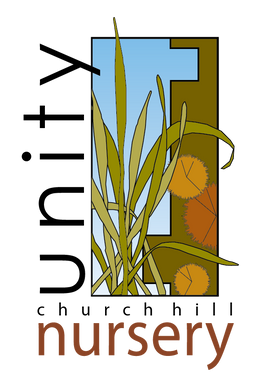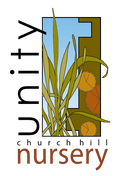Rudbeckia hirta (Black-Eyed Susan) Unity Grown
- In stock, ready to ship
- Inventory on the way
Rudbeckia hirta, commonly called black-eyed Susan, is a short-lived perennial or biennial wildflower native to most of the contiguous United States. As a member of the aster family (Asteraceae) and a close relative of other black-eyed susans (Rudbeckia spp.), this black-eyed Susan may be one of the most versatile selections for the home garden, working well in full and part-sun and thriving in prairies, wildflower meadows, pollinator gardens, and open woodlands with medium to dry well-draining soils.
Rudbeckia hirta reaches about three feet tall at maturity, and typically goes through two growth phases in its life-cycle: a first year with foliage and very few blooms, and a second year with a number of long-lasting showy blooms with golden yellow rays occasionally spotted with maroon that attract a great number of pollinators. After blooming in their second year, Rudbeckia hirta dries out for the fall and winter and provides a great deal of seed for birds, who also ensure that seed is thrown all over the ground for the plant's life-cycle to start again. Once planted, easily propagated seeds ensure that a stand of black-eyed Susans will almost certainly remain year after year.





